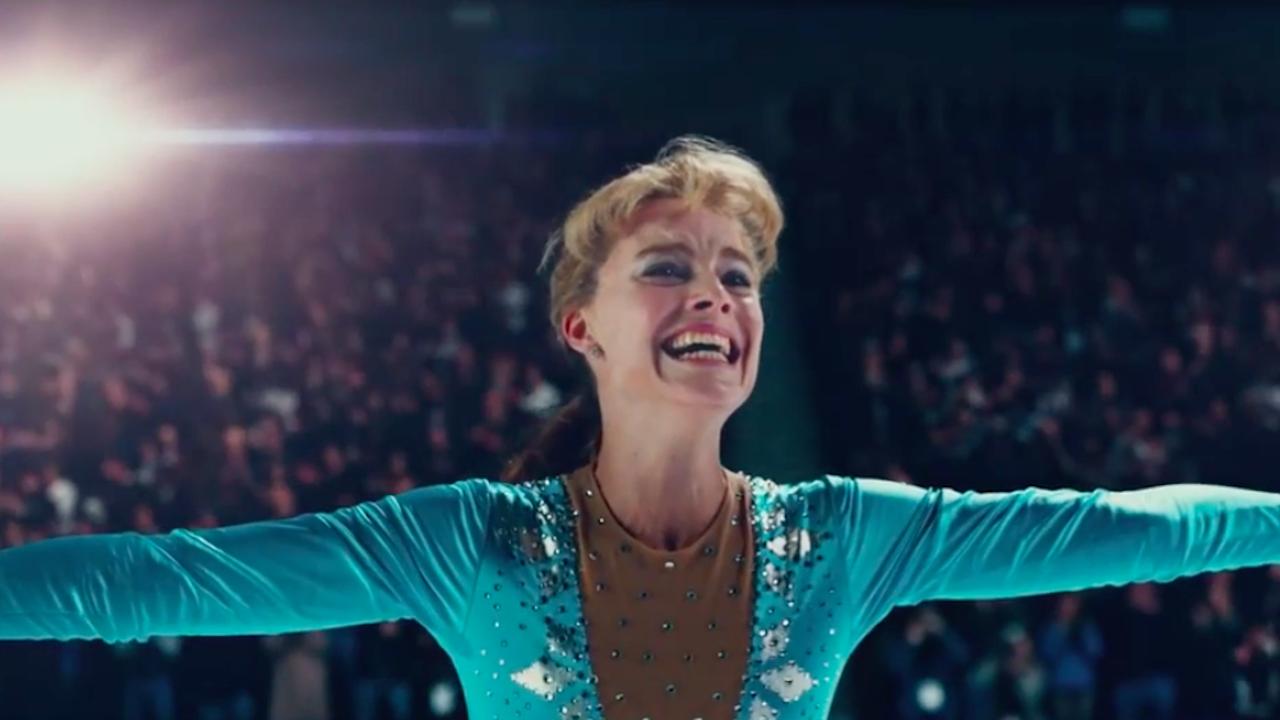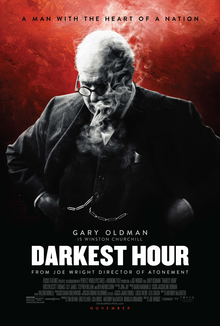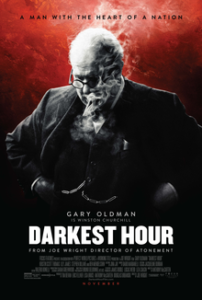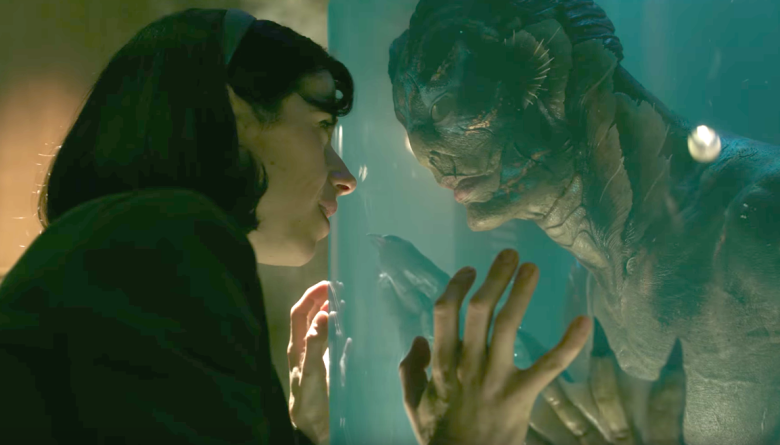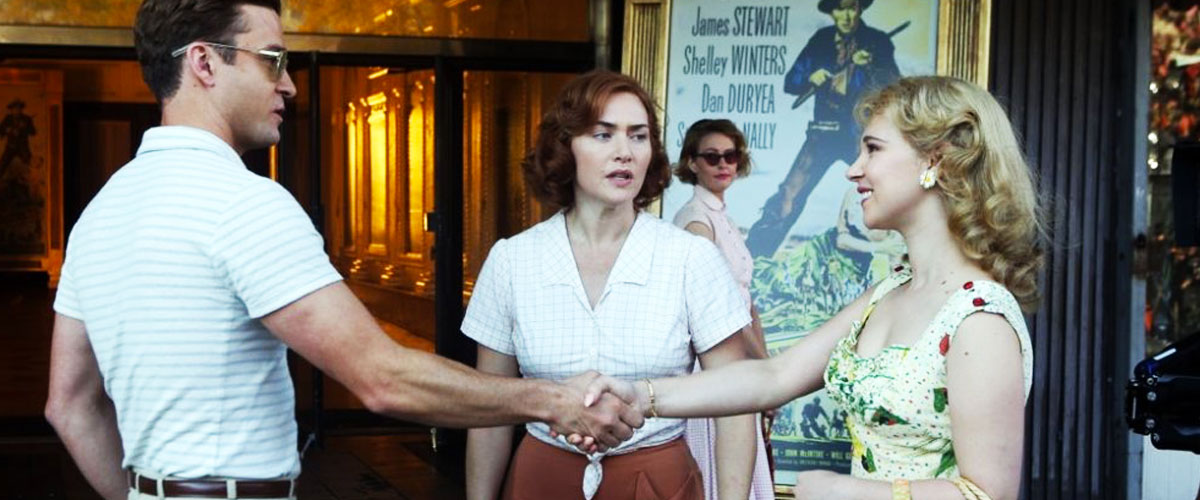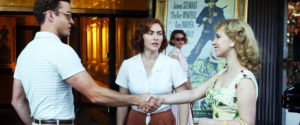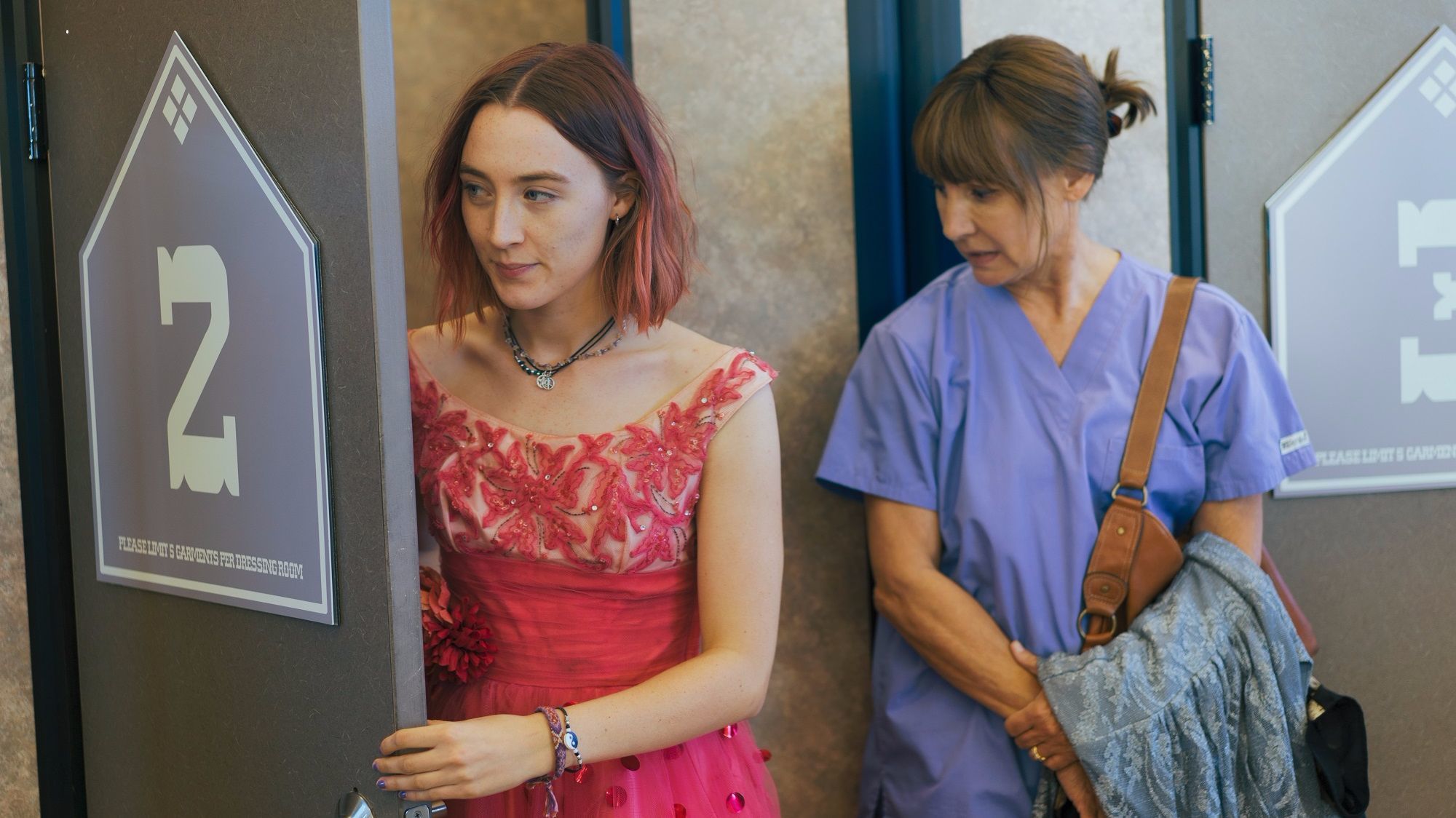I, Tonya
Posted on December 7, 2017 at 8:12 pm
B +| Lowest Recommended Age: | Mature High Schooler |
| MPAA Rating: | Rated R for pervasive language, violence, and some sexual content/nudity |
| Profanity: | Extensive very strong and crude language |
| Alcohol/ Drugs: | Drinking, smoking, drugs |
| Violence/ Scariness: | Some violence including attack |
| Diversity Issues: | None |
| Date Released to Theaters: | December 8, 2017 |

In 1994, Nancy Kerrigan, one of Harding’s rivals, was attacked by a Shane Stant (Ricky Russert), who had been hired by two of history’s most incompetent criminals, Harding’s estranged husband, Jeff Gilhooly (Sebastian Stan) and his dimwitted friend Shawn Eckhardt (Paul Walter Hauser). Though Harding was not involved or even aware of this plan, news reports of the era emphasized the contrast between ice princess Kerrigan, and blue-collar Harding. In reality, Kerrigan was also from a modest background, but her appearance and routines were more elegant and graceful, while Harding adopted a bad girl persona, calling herself the “Charles Barkley of figure skating.” The problem is that figure skating is not just about skill and technique. It is about the show, and it is about the persona. Judges and fans expect more than athletic achievement.
They expect elegance and grace on and off the rink. They want the ice princess.
Allison Janney is incendiary as Harding’s abusive mother, constantly pushing her and demeaning her, often hitting her, too. With no affection or approval at home, she was drawn to Gilhooly, the first male to pay any attention to her, and when he became abusive, that seemed normal, too.
Director Craig Gillespie (“Lars and the Real Girl”) and screenwriter Steven Rogers (“Stepmom,” “Love the Coopers”), promise us at the beginning a story “based on irony-free, wildly contradictory and totally true interviews,” and they deliver. Like “The Disaster Artist,” this film takes us behind the scenes of a real-life catastrophe based on dreams of stardom, hopeless miscalculation about their own abilities, and a distorted, media-fueled idea of reality. We may watch expecting to laugh and feel superior, but the prismatic approach, with characters speaking to us to explain their perspectives (or try to put the blame on each other) is surprisingly sympathetic, grounded, and insightful.
Parents should know that this film includes constant very strong and crude language, sexual references and situations, nudity, drinking, drugs, smoking, and violence, including domestic abuse.
Family discussion: Who was responsible for attacking Nancy Kerrigan? Why does the movie call itself “irony-free?” Do you agree that Americans “want someone to hate?”
If you like this, try: “The Positively True Adventures of the Alleged Texas Cheerleader-Murdering Mom” and “Tonya Harding: Anything to Win”

